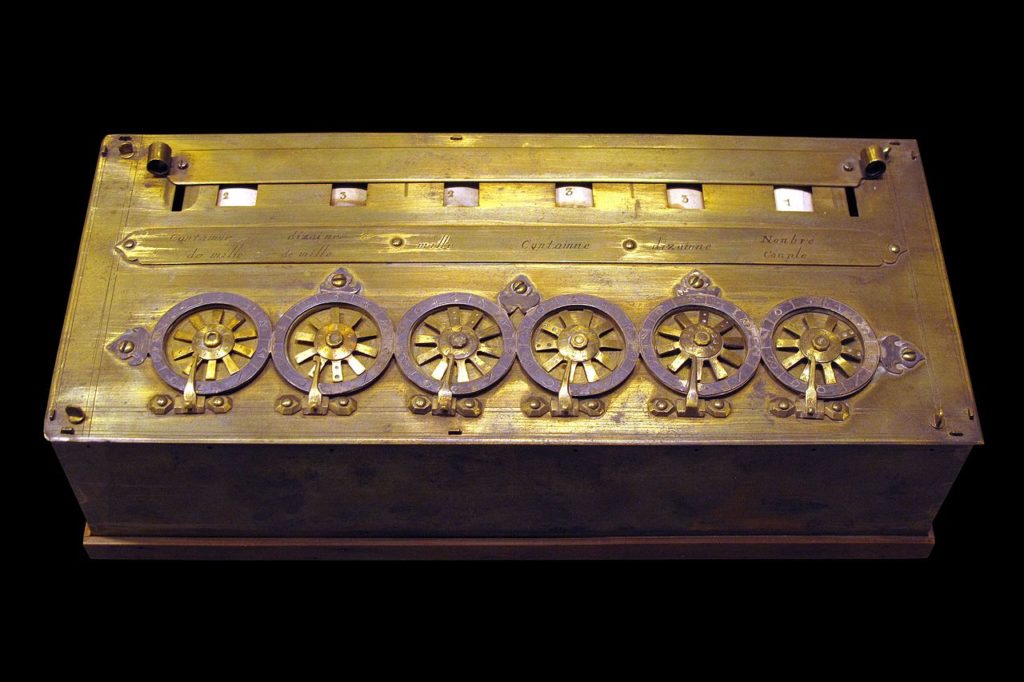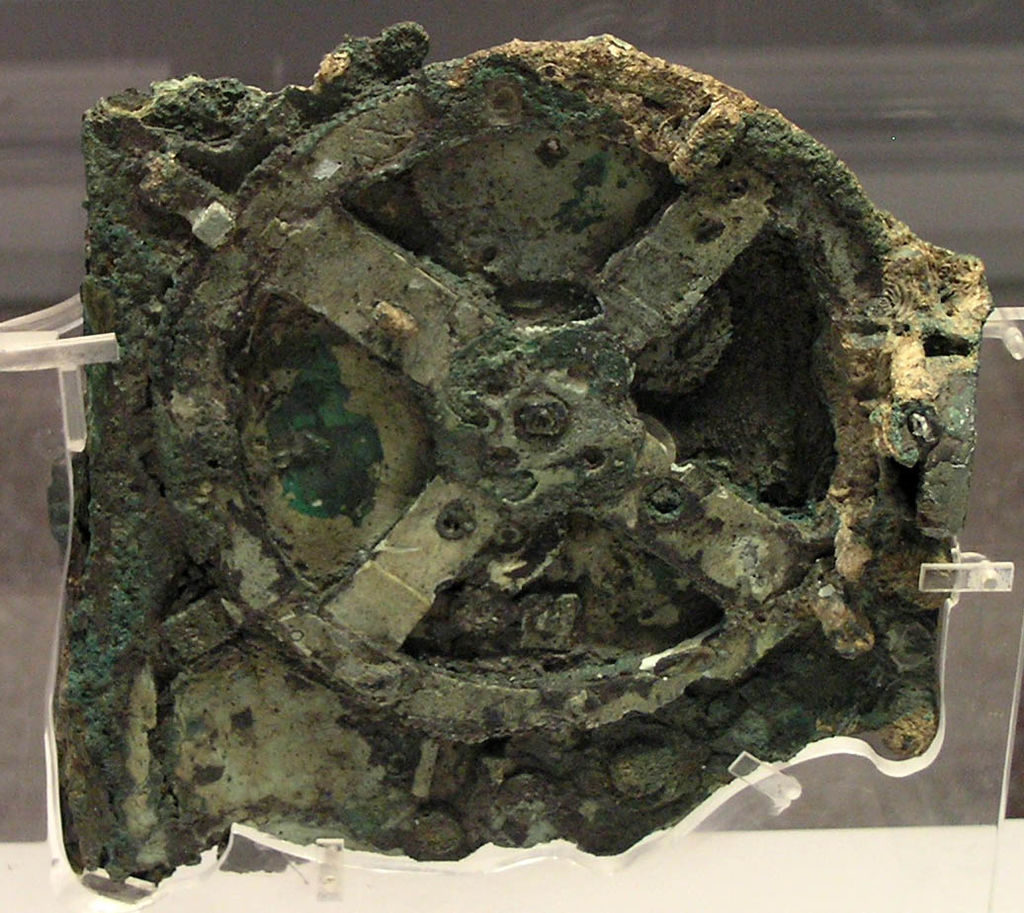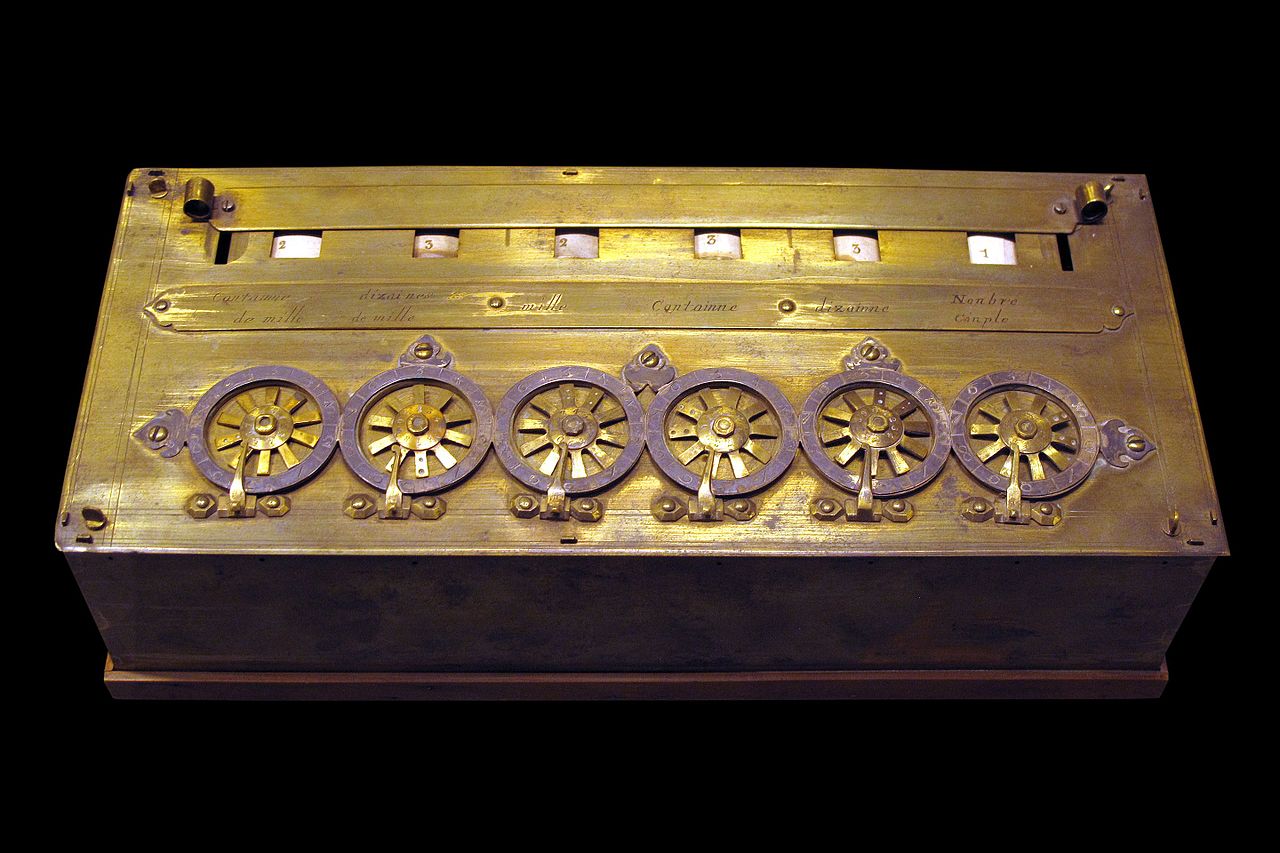When we think about the history of computers, the usual starting point that comes to mind is Charles Babbage’s Difference Engine. This was a massive, mechanical computer that was reprogrammable and started the world on the path toward whatever device you are reading this article on. Or was it?
Turns out, no.
Babbage’s machine is a massive version of a mechanical calculator that had been in development for 200 years by the time Babbage was given a grant to start work on his own machine. The earliest mechanical calculator, the Pascaline, was developed by Blaise Pascal (the guy the programming language is named after) in 1642. Computers are old.
The Pascaline was a very rudimentary device that had very limited functions but hey, if you’re reading GameHammer you probably know all about limited functionality in your retro computers so I think we are right at home here. Moreover, we can’t really criticise Pascal for not adding in graphics or sound because he was doing this back at a time when nobody else knew what a mechanical computer was, and also because he was only nineteen when he started work on his first one.

Pascal’s computer was designed to make calculations quicker, easier and more accurate. His dad was a tax man and he spent a lot of time working on calculations; which was a chore because he had to do them all either in his head or on a piece of paper. Pascal wanted to speed that process up, and in doing so he set humanity on a path toward being able to slack off at work playing Minesweeper.
The world owes a lot of Pascal and his teenage desire to build a robot that would let him slack off a bit more at work. The guy should become the patron saint of computing or something because having to do less work is surely everyone’s goal, right? It’s certainly ours. The thing is, Pascal wasn’t the first to do this either, he’s just the first guy we actually know the name of.
So if the Pascaline isn’t the first mechanical computer, what is? Meet the Antikythera Mechanism.

Nobody is sure who built this thing, or where. Scientists believe it’s from Ancient Greece but that’s about as accurate as they can get. It baffled the finest minds in archaeology for years but we now know it’s a very primitive computer. The Antikythera mechanism charts the positions of astronomical phenomena in order to calculate when an eclipse will happen; and it also has the ability to determine when the next Olympics will be because apparently that was just as important to the Ancient Greeks. Who says nerds can’t like sport?
So at this point you’re probably wondering why we didn’t have computers at a much earlier date than we actually got them, if they were around in the bronze age. Well that’s a very good question but there’s one thing you should know about the Ancient Greeks: they had weird ideas about science and technology
Ancient Greece had steam engines, which they used to open and shut massive doors on one temple (yes, just one). They had rather advanced mathematics, which they kept secret even to the point of murdering people who shared the information (Pythagoras’ followers actually did this – the dude wasn’t solely interested in triangles, he also liked controlling knowledge). They saw a lot of technology, things that these days we would see as time-saving and life-changing, as little more than amusing gadgets, because they had slaves to do the work these technologies would otherwise save them time over. It’s hard to convince people who don’t do work that something will help them to do less of the work they don’t do.
Also, we found the Antikythera mechanism at the bottom of the sea in 1901 and by then Pascal, Leibnitz, Müller and Babbage had all made their names building computers, so the Ancient Greek computer did little more than raise eyebrows by that point. Being the first is great and all, but only if people actually remember you.
